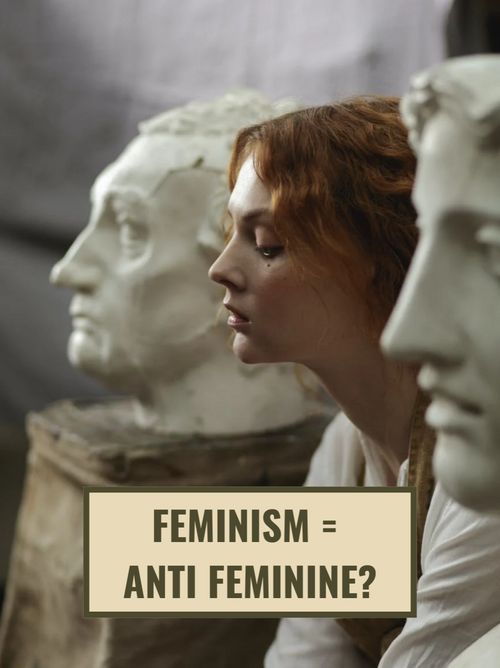Nietzsche on how gender equality hurts women
Feb 05, 2022 · 2 mins read
0
Share
Nietzsche is the sort of philosopher whose answers may be controversial and even unpleasant, but his questions are always worth asking. Writing before the women's emancipation movement took off, he predicted that when the movement achieves its goals, women'd be hurt above all👇
Save
Share
Nietzsche wrote that women have a specific talent not for truth, but for falsities and appearances - for makeup. Women are crafty and artistic in a way that men aren't. Take their great art: "lying", i.e, putting a falsifying, but more aesthetically pleasing, cover over reality.
Save
Share
Men "love and honor precisely this art." The "gentle stupidities" of a woman are precisely the antidote to a man's "seriousness," "gravity," and "profundity" - this contrast is why men experience relief in the company of women.
Save
Share
When the contrast is gone in the name of equality, the sexes can no longer find relief in each other. And the losses include not just relief, but also influence. Nietzsche: "Influence of women in Europe has decreased proportionately as they have gained rights and entitlements."
Save
Share
Modernity weakens the women's will in the name of education and cultivation. For Nietzsche, "cultivating human beings and weakening" go together. Women who dominate men owe it "to the strength of their will – and not to schoolteachers!"
Save
Share
When women chased - and obtained - equal rights, they lost the awareness "for which ground" best insured their victory. In order to be equal, they ignored their personal "military arts." The ability to use "subtle and cunning humility" to exercise control was lost.
Save
Share
The "emancipation of women" looks like inter-sex warfare but it's actually intra-sex warfare. Nietzsche sees feminism as an attack on the “eternally feminine” - women incapable of fulfilling their niche denigrate the niche itself under the pretext of fighting "against the man."
Save
Share
Women were served well by the men's belief in a "fundamentally different ideal in women" - when women became equal, the feminine and masculine ideals merged. Women let go of their mystique, but their mystique was a significant source of their power.
Save
Share
Feminism did away with the idea that women had to be "cared for, protected, and looked after." Previously men held women to be "gentle, strangely wild and often pleasant" beings - but after their emancipation, men think of women as peers to be judged, scorned, and competed with.
Save
Share
Bottom line. Nietzsche writes that "feminine instincts" are vanishing. This "defeminization" comes in the name of progress. Women's emancipation actually trapped them inside the masculine ideal. Losing true power, they now have "the economic and legal independence of a clerk."
Save
Share
0
